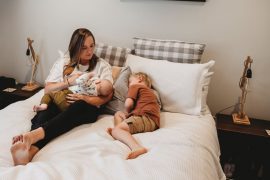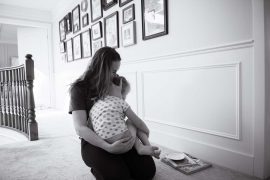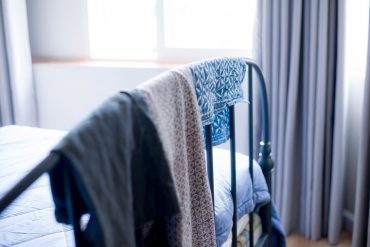We use several practices at home to help us optimise for growth. Some of these include:
- Realistic expectations. It’s always important to start with realistic expectations. Being overly optimistic can be disheartening when things don’t go as hoped. Being pessimistic is disempowering. By maintaining a realistic view, kids learn to deal with adverse circumstances pragmatically.
- Praise effort, not outcome. To optimise for growth, it’s better to focus on effort than outcome; and it’s better to praise effort. Praising outcome sends your child the signal they are only worthy when they win. This increases anxiety and leads to the development of unhealthy character traits.
- Reframe negative events. Helping your child view adverse events in a more positive way changes how they respond to these events. Ruminating on an adverse event contributes to its impact. Reframing the same event by seeking out a positive or framing it as a challenge or a learning opportunity changes the event’s effect entirely.
- Develop co-regulation practices. Self-regulation is where an individual regulates their own emotions. Co-regulation is where a significant other helps the child regulate. As dealing with adversity requires considerable self-regulation, which young kids typically haven’t yet developed, helping your child through co-regulation is the most powerful way to build these capabilities.
Winning can be fun, no doubt. But realistically, we’re going to be mediocre in more domains than we are elite.
So, we won’t win more than we’ll win. However, if we’re capable of taking the lessons from every circumstance, win or not, we’ll always come out on top.
Daniele Clarke is a registered psychologist and Founder of Superpower Kids, which provides social and emotional learning programs for kids. You can find her on Facebook and Instagram.










